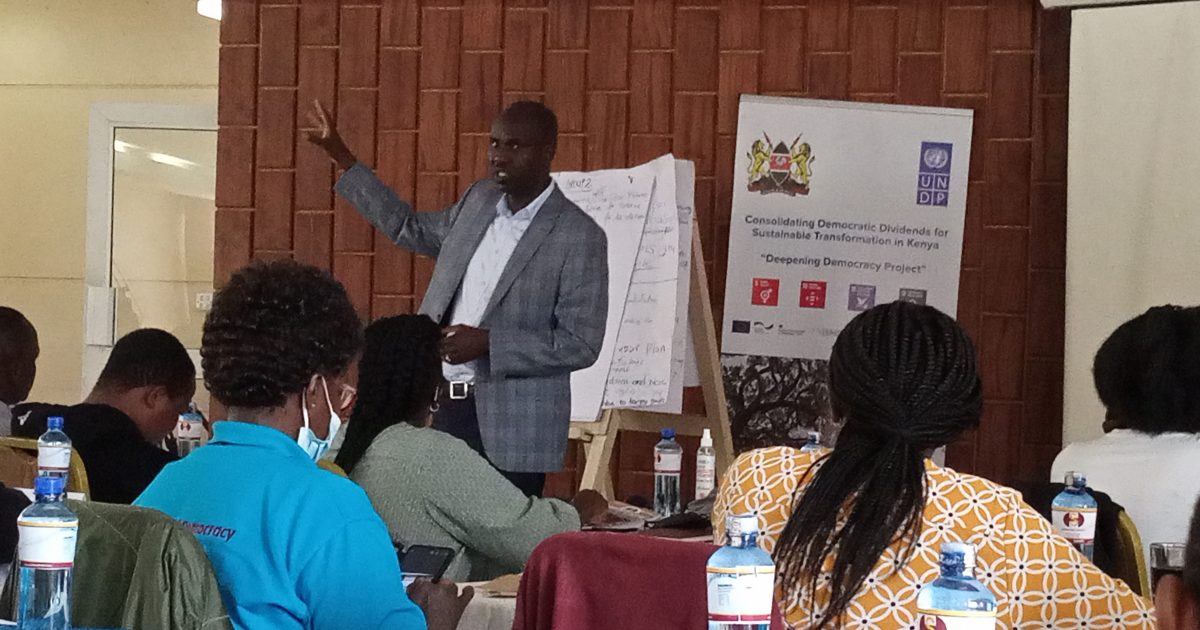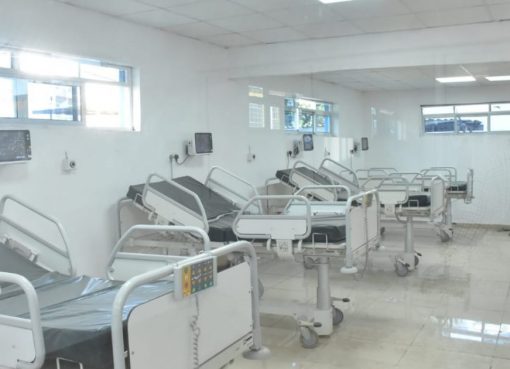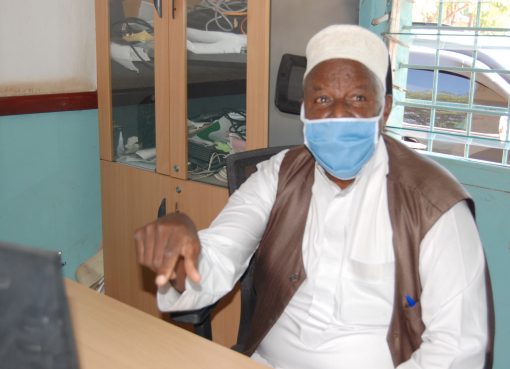As the August 9 poll closes in, the Independent Electoral and Boundaries Commission (IEBC) with support from the United Nations Development Programme (UNDP) embarked on training and sensitizing journalists countrywide to enable them acquire skills of constructive and responsible journalism to enable them report on the upcoming elections based on facts and accuracy, to inform the public in the rightful manner to ensure peace is maintained before, during and after the polls.
In Uasin Gishu County, more than 70 journalists drawn from across all the counties making up the North Rift Region were taken through various journalistic skills like safety, reporting and interviewing skills as well as the IEBC Electoral Process and Legal Framework.
Speaking to KNA in an interview during the event at Sirikwa Hotel in Eldoret Town, The UNDP Kenya Deputy Resident Representative Mandisa Mashologu said the training comes in handy as journalists and the media are the key influencers and play an integral role in giving factual information to the citizens and the public.
Despite UNDP supporting many other countries globally, Mashologu commended the long-standing relationship with IEBC in supporting National Elections.
“Working very closely with the IEBC as we have done now and the Kenya Editors Guild, we are able to provide information, in total we have covered 400 journalists in eight different towns and we hope that this would be an opportunity to be taking messages further with responsible, respectful journalism and also including promoting peace in the country,” said Mashologu.
IEBC Elections Officer for Nandi County, Sylas Rotich took the journalists through all the electoral procedures, structure and functions of the commission staff and technologies involved like Biometric Voter Registration (BVR) used to generate voter register and The Kenya Integrated Election Management System (KIEMS) used to identify voter biometric information and transmission of results.
Journalists were urged to keenly adhere to ethical code of conduct while reporting on elections to avoid committing offenses contained in the Elections Offenses Act 2016 which highlights offenses relating to register of voters, Offences relating to multiple registration as a voter, Offences relating to voting, Offences by members and staff of the Commission, maintenance of secrecy at elections, use of force or violence during election period among others, while at the same time noting penalty attracted by each offence.
Mercy Njoroge, the representative of Journalists for Human Rights (JHR) under the Kenya Media Sector Groups said that the training is important to empower journalists to get information that would help them be at service to their country by covering elections in an effective and fair manner that is guided by the guidelines that are provided by the media stakeholders.
Njoroge called upon members of the fourth estate to practice constructive journalism by reporting fairly, ensuring accuracy and balance, Agenda setting and embracing the national core value of patriotism.
“Election is the right moment when you can exercise your democratic rights by choosing leaders of your choice, it is about fairness and simplicity and it is based on verifiable results,” said Njoroge.
In regard to electoral news dissemination, she urged journalists to respect voter privacy during voting, avoiding breaking news on the social media but rather wait for IEBC official information, for breaking unconfirmed news could incite voters who may receive wrong information. In addition, they should ask right questions while interviewing voters and understand the need for special interest groups like the intersex, old, disabled and others.
Journalists were advised to always verify the source of the information they get especially on bloggers and citizen journalism as well as any other multimedia platforms while at the same time keeping watch for their security in the field.
“It is important as people look for information especially this elections period, they should ensure they get information from credible and professional persons, in this case accredited journalists, that is why it is important to empower them to give out factual information,” she said.
Wanyama Chebusiri, a seasoned journalist and a media consultant lauded the media as the key stakeholders in the democratic process of any country that for democracy to flourish, the input of sensitive media is required.
“It is prudent that UNDP, the IEBC in conjunction with the Kenya Media stakeholders organized this 3-day training for journalists to get tips on how best they can use their skills and experience to promote peaceful co-existence among the communities and also hold to account those in leadership positions so that we minimize chances of violence erupting during elections,” said Chebusiri.
“I believe with this information on conflict sensitive reporting on tips on how to hold people to account particularly politicians and opinion leaders, journalists are up to their task to deliver on their mandate in a manner that will likely see the 2022 general elections peaceful and that will enhance the rule of law and democracy in Kenya,” he added.
The United Nations Development Programme (UNDP) aims at consolidating democratic dividends for sustainable transformation in Kenya through its Deepening Democracy Project.
By Ekuwam Sylvester and Judy Too




